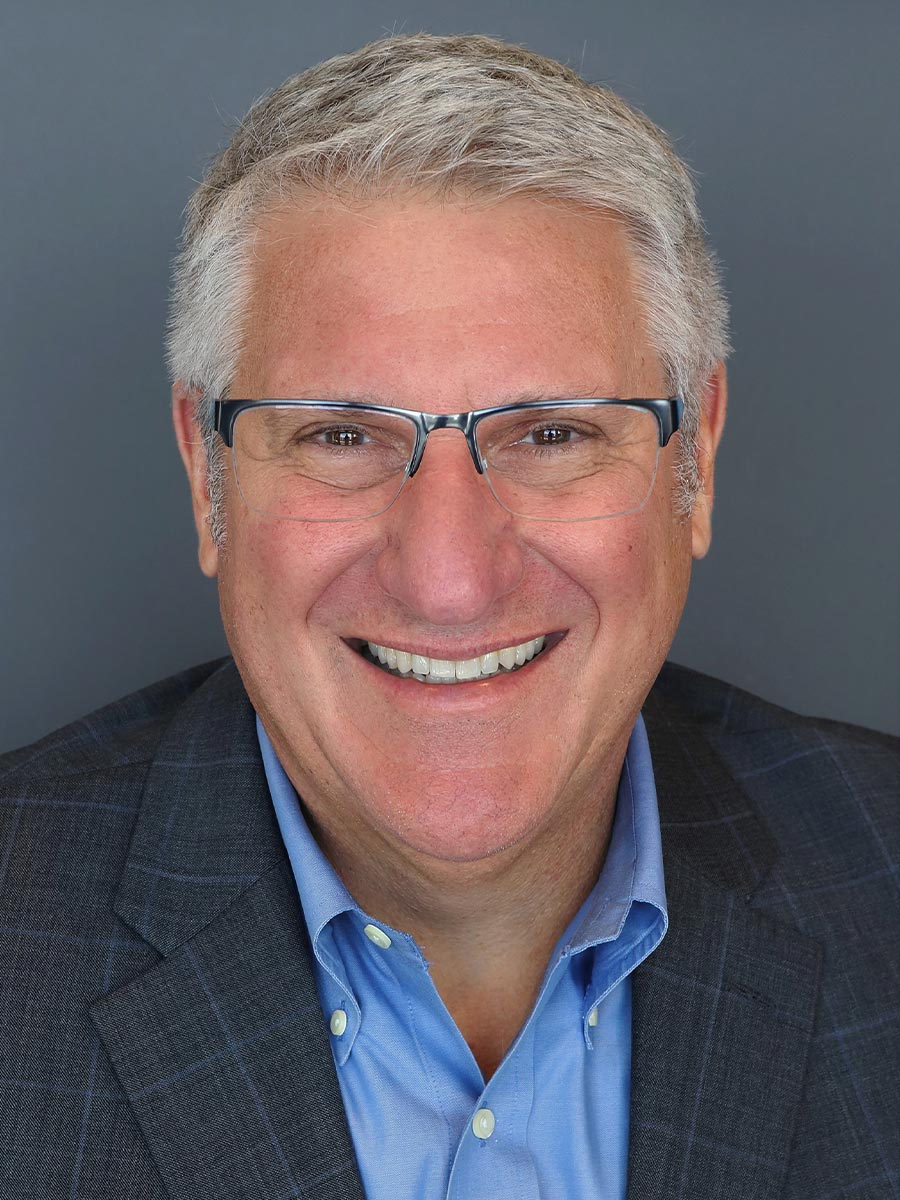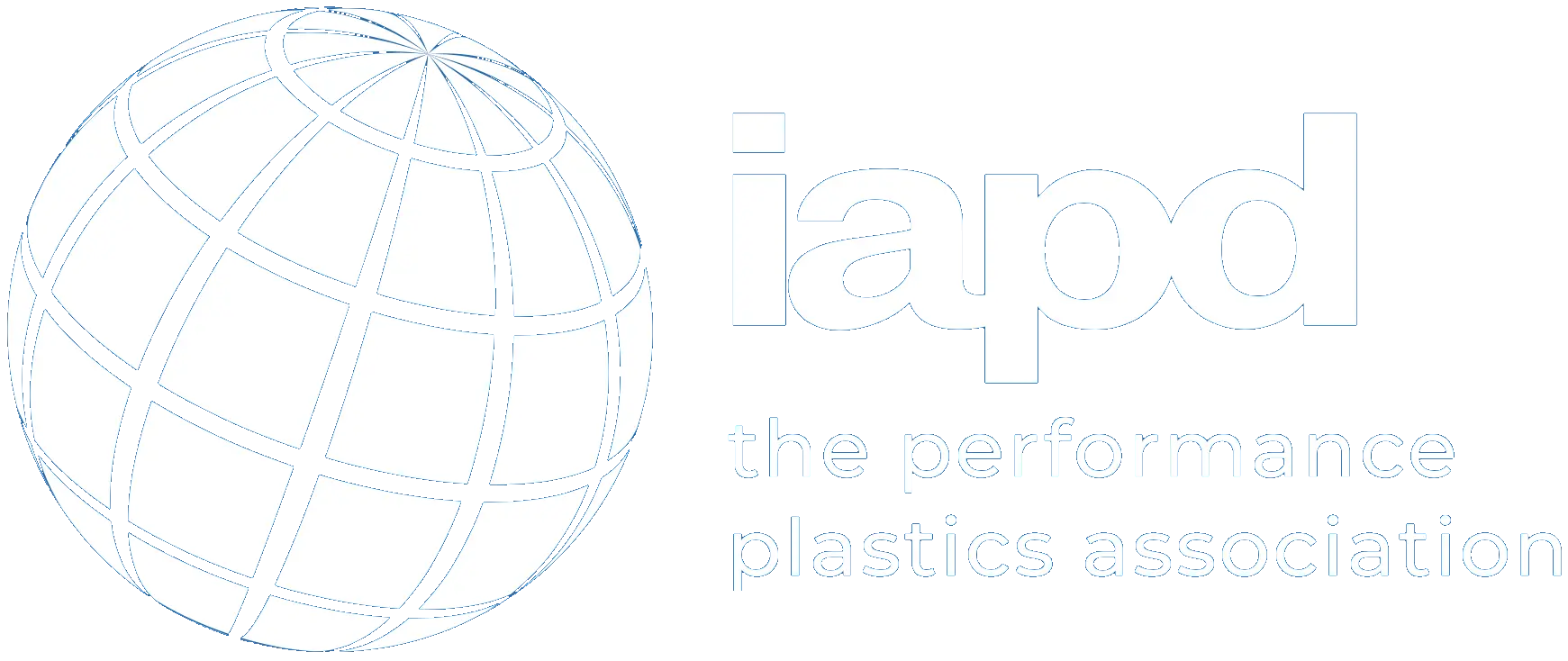President’sMessage
Defining Sustainability from a Distribution Perspective
IAPD President

ow do you feel when you hear the word “sustainability”?
When someone mentions “sustainability” in our performance plastics industry, it brings about many different feelings, emotions, thoughts and responses. As I thought through my article for the sustainability issue of Performance Plastics magazine, I questioned the best way to write an article with so many different perspectives? Susan Avery, CEO of IAPD, suggested that I approach it from my viewpoint as a distributor, which seemed like a great idea.
Although our whole performance plastics industry has similar challenges and opportunities, it seems that distributors view sustainability a bit differently than our manufacturing partners, many of whom are further along in their journeys. After drafting a few thoughts as a distributor, I thought it would be interesting to hear from leaders of some other distribution member companies.
With that in mind, I sent a request to a number of leaders at distributors of all sizes to find out how they define sustainability and why it is important to their companies. Thank you to all who participated!
The questions posed were:
- How do you define sustainability as a distributor?
- What’s most important for your company, or for plastics distributors in general?
- Complying with environmental laws and regulations; controlling and reducing our impact on the environment; and protecting our natural resources for future generations.
- Doing our part for the environment as it is the right thing to reduce landfill waste.
- Being dedicated to the needs of our customers, suppliers and employees; upholding responsible practices that prioritize the well-being of our environment.
- Bringing our customers a portfolio of materials from key suppliers who share our vision for sustainability.
- Working with suppliers to minimize waste and reintroduce scrap into the circular economy.
- Ensuring products get where they need to go. It’s a continuation of the supply chain, not necessarily a new one.
- Acting as good stewards of the industry and community.
- Reducing carbon footprint.
- Buying/utilizing recycled materials in actual applications.
- Having access to, or a pipeline for, reusing or repurposing of our scrap material.
- Doing our part to ensure materials that can be recycled make it into the hands of those that recycle them.
- Selling to recyclers instead of sending to landfill (good stewardship).
- Reducing the amount of solid waste going into landfills.
- Reduce, recycle and repurpose as much as possible.
- Aligning with our customers’ “green” initiatives.
- Removing the negative industry image of plastic harming the environment.
- Sustainability needs to be profitable.
- Identifying inefficiencies within our organization to generate less waste – What new technologies or processes can we implement to make us more efficient?
- Improving employee morale and their connection to our business and the industry.
- Creating a “Green Team” or task force that is empowered and can support and drive all company “green” initiatives.
- Focusing on our largest areas of environmental impact, including energy consumption.
- Educating others about the benefits of performance plastics.
- Solving for the logistics issues related to the collection of small quantity, post-consumer material for reprocessing into the circular economy.
- The lack of infrastructure drives the cost of gathering post-consumer materials well above the recycling value of those materials.
- Sustainability programs that provide numerous benefits, including tangible dollar-and-cent savings to our bottom line.
- Opportunities to be more valued as a partner to our customers by purchasing their off fall.
- Ability to profitably sell all of our off fall from our fabrication facilities to recyclers.
And finally, here are two responses I’d like to share that offer a nice summary of sustainability:
“As distributors, we have a great opportunity to divert scrap materials generated internally or by our customers away from landfills and back into our supply chains. Manufacturers have a responsibility to reprocess material into equivalent or near equivalent materials and our responsibility is to help get it there. As essentially the “sales force” and stocking warehouse, we have the contacts and capability to achieve this. By doing so, we are “closing the loop” and being good stewards of our industry and our communities.”
“As distributors, we have a great opportunity to divert scrap materials generated internally or by our customers away from landfills and back into our supply chains … By doing so, we are closing the loop.”
Distributors can drive positive change

IAPD Strategic Plan
Expand the market for performance plastics through collaboration, education and a commitment to sustainability; promote distribution as the way to market.



